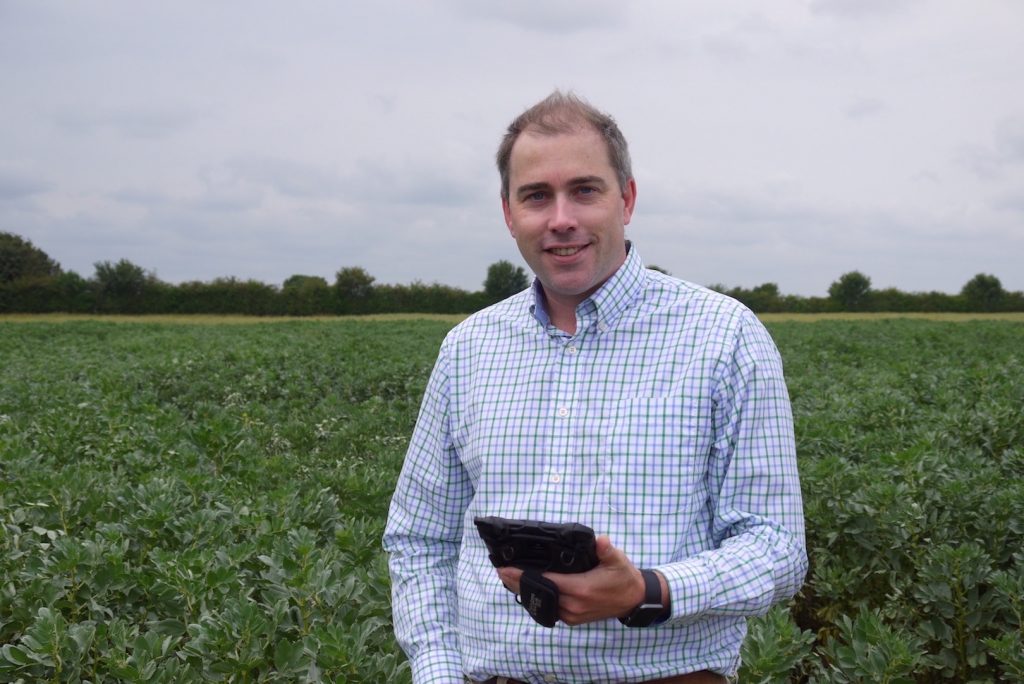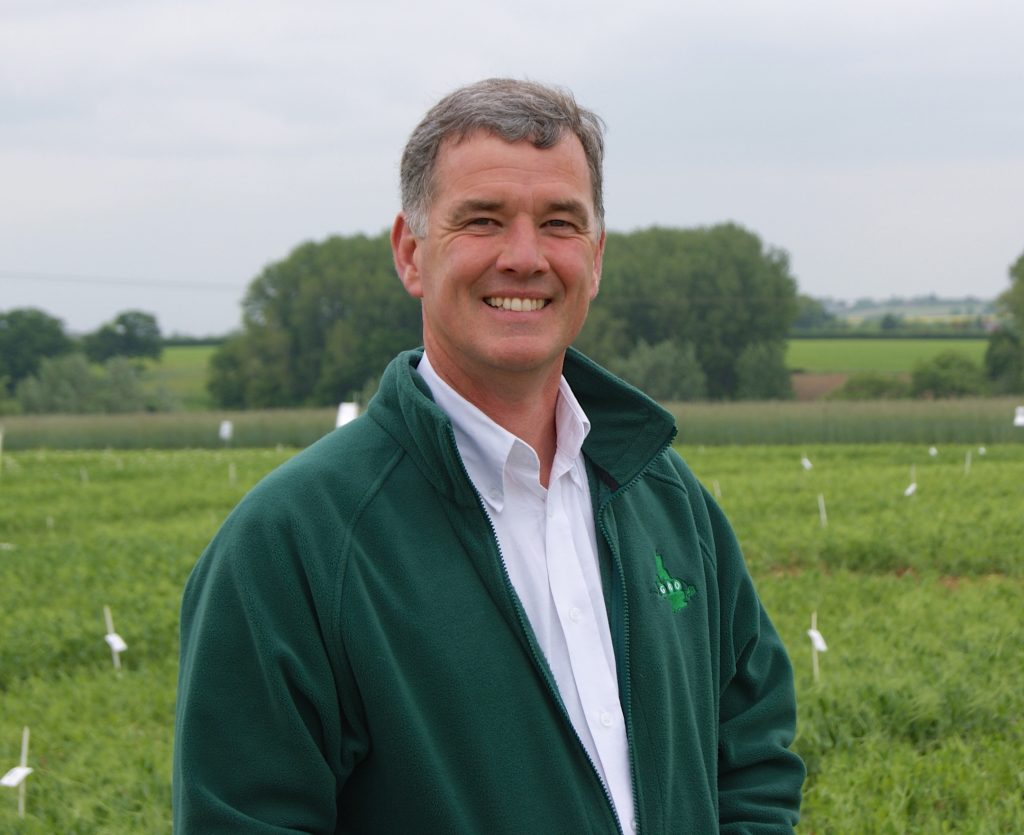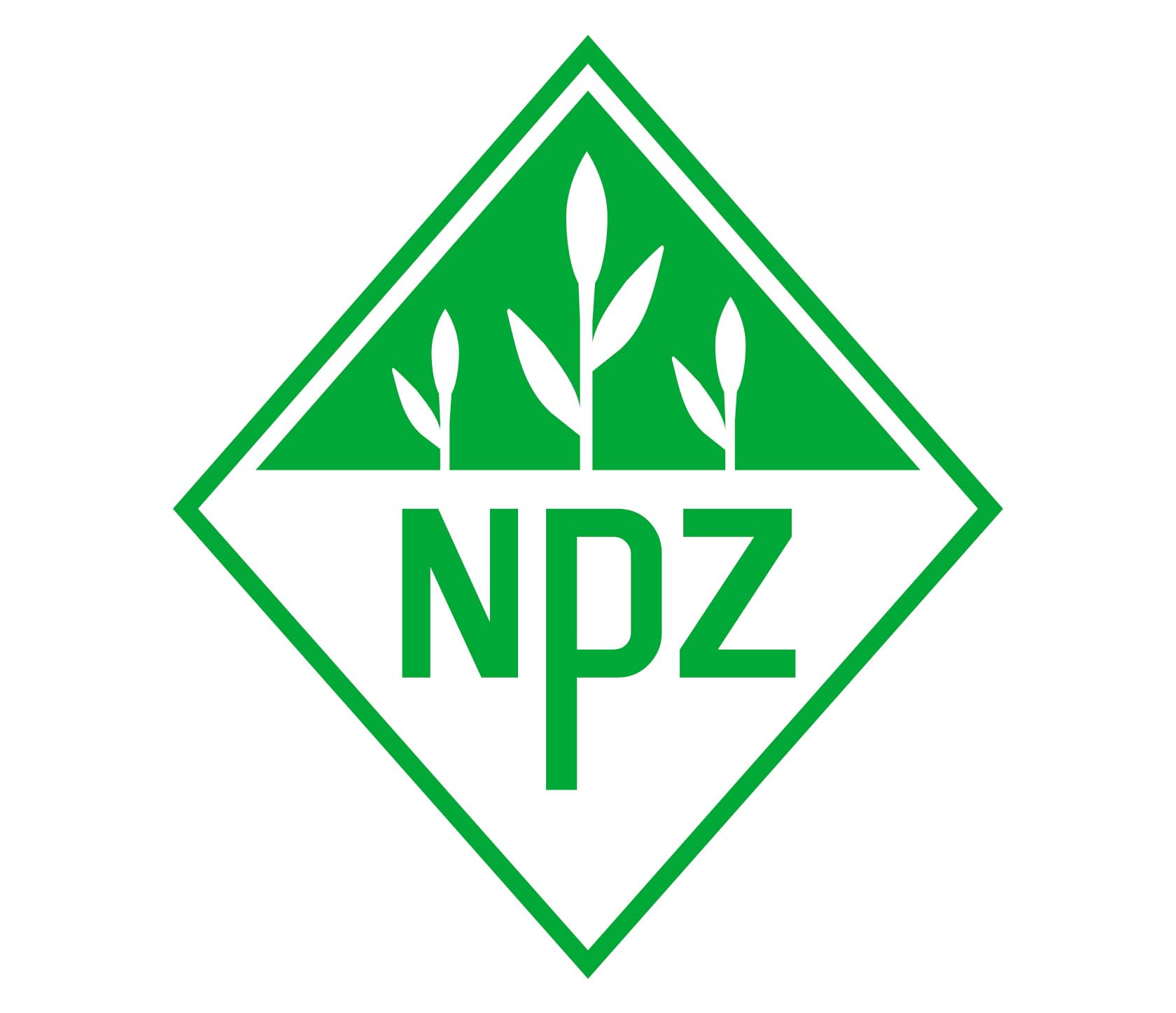“The vision of farmers learning from farmers is at the heart of why we are continuing our sponsorship of the Bean YEN yield enhancement network for a fourth year,” explains Chris Guest, LSPB Managing Director. “In this way we can show our support for the knowledge transfer and benchmarking of UK bean growers that comes from this initiative run by ADAS in partnership with PGRO.
“As the breeders of leading spring bean varieties, such as Lynx, we are proud to support the work going into the Bean YEN to enable improved and consistent performance of pulses for UK growers.
“For example, lessons from last year showed that deficiencies in a number of micro-nutrients were found in many cases – and as such this will be a focus for work in 2022.”
The Bean YEN was set up in 2019 by ADAS in partnership with PGRO with the support of industry sponsors, including key developmental funding from LSPB.
Membership is open to farmers, agronomists and researchers and allows growers to learn about their yield potentials – based on local conditions – and to benchmark their bean yields against other growers. They can evaluate their crops using a variety of agronomic and other parameters with the objective of understanding how variations in these are linked to their on-farm bean yields.
A comprehensive set of variables are monitored to give a detailed picture of each crop. These include such factors as previous cropping, sowing date, seed rate, herbicide, fungicide and insecticide usage, yield achieved, and quality analysis.
Roger Vickers, Chief Executive of PGRO, continues: “YENs are a form of what is called ‘citizen science’. The citizens in this case are the participating growers, with the organisers and coordinators (PGRO and ADAS) being the professional scientists trying to ensure that the data is gathered effectively and systematically, and that interpretation is without bias.
“In this way, we can all benefit from the accumulation of large sets of data that, under normal circumstances, the scientific researcher would find too costly or even impossible to obtain.
“The growing number of locations, crops, seasons and YEN growers over three harvests brings ever more meaningful data that can be analysed for trends in crop performance and compared to the modelled potential for each location in which the bean crops are grown.
“At the end of each season every participating grower receives a comprehensive benchmarked report compare to their own output against the modelled potential for their field. They also receive an analysis of their crop inputs, outputs and over 25 monitored variables, all reported in relation to all other participating growers. Importantly, this is not seen as a competition but as collaborative exchange of information for the benefit of all.
“In this way, each grower is better equipped to develop their own approach to cropping and understanding how actions – or lack of them – may affect their future crop performance. This all has the ultimate aim of achieving more of their cropping potential and improving efficiency and profitability.”
Chris Guest adds a closing comment: “We hope that the increased knowledge from the Bean YEN initiative will help increase bean yields on farms across the UK so that enhanced management techniques can add to the yield benefits from current varieties and forthcoming varieties now in trials.”



